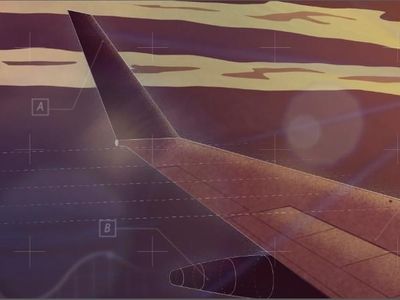Dimensionality Reduction (Part I) This section introduces tools for finding low-dimensional representations of high-dimensional data, which allows for data to be efficiently stored, transferred, and analyzed.
Machine Learning and Data Analysis (Part II) This section will give a relatively brief tour through aspects of data analysis, from classical curve fitting to neural networks and deep learning, building on the material introduced in Part I.
Dynamics, Control and Reduced-Order Models (Part III). In this section, we assume that the data that we are studying comes from some underlying physical laws (in the context of dynamical systems, solid mechanics, fluid mechanics, etc.), which can be learned/approximated from data, or from some combination of data and physics.
Final Project (Part IV).
The students will apply the techniques developed in this course (or extensions thereof) to a dataset/problem of their own choosing.
